- History and Mission
- University Leadership and Offices
- Strategic Plan – FDU Will Soar
- Faculty and Staff Directory
- Accreditations
- 2024-2025 Self-Study
- Rankings and Distinctions
- Community Outreach
- Program Finder
- Undergraduate Programs
- Graduate Programs
- Vancouver Academics
- Online Programs
- Colleges and Schools
- Academic Calendar
- Core Curriculum
- Academic Advising and Support
- Special Academic Opportunities
- University Bulletins
- Centers and Institutes
- Community College Partnership
- Honors at FDU
- Global Education and Study Abroad
- Adult and Continuing Education
- Freshman/First-Year Admissions
- Apply Now to FDU
- Tuition and Fees
- Transfer Student Admissions
- Apply to Online Programs
- Adult/Nontraditional/Part-time Admissions
- International Admissions
- Summer Sessions 2024
- Graduate Admissions
- Vancouver Admissions Services
- Financial Aid
- Florham Campus
- Metropolitan Campus
- Vancouver Campus
- Wroxton College
- Off-Campus Sites
- Dean of Students
- Housing and Residence Life
- Student Wellness Services
- Disability Support Services
- Student Community
- Student Clubs and Organizations
- Student Life Policies and Procedures
- Computer Facilities
- Student Publications
- Career Support
- New Student Checklists
- Division I FDU Knights
- Division III FDU Devils
- Giving to FDU
- Student Life Calendar Metropolitan
- Metro Campus This Month
- Student Life Calendar Florham
- Florham Campus This Month
- Vancouver Academic Calendar
- Vancouver Campus This Month
- Information Technology
- Office 365 and Email
- Self-Service
- SAMI Support
- myFDU Connect
- Coursefinder

Creative Writing MFA
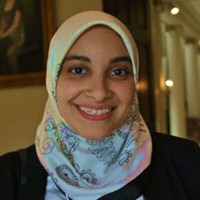
Aminah Abutayeh, MFA Poetry 2017
The Master of Fine Arts in Creative Writing is a low-residency program in which students work closely with published authors who serve as their mentors and teachers. During the two 10-day residencies held each year, students participate in workshops; they meet with their mentors, visiting writers, and fellow students; and they attend a variety of other literary events. During the rest of the school year, each student works one-on-one with his or her mentor, and also participates in workshops online.
The MFA degree is offered in five disciplines: Poetry, Fiction, Creative Nonfiction, Writing for Children and Young Adults, and Literary Translation. Students are accepted into the discipline in which they expect to study and graduate. We offer a 60-credit single concentration MFA degree as well as an 88-credit dual concentration MFA degree. Alumni (who have graduated from FDU with their MFA in Creative Writing degree) may return for a certificate in a secondary genre if they choose.
The program is arranged into modules, or classes (which are remote), and residencies (which are in person either in New Jersey or England). Students take two 8-week classes (modules) every fall and spring semester. Over the course of the MFA, students will attend at least 3 ten day residencies. New students must begin the program with a residency and take two modules in their first semester. After that, the program is highly flexible. Students have up to 5 years to complete the degree.
The 60-credit single genre MFA degree requires students to complete 8 eight-week modules and 3 ten-day residencies. The 88-credit dual genre MFA degree requires students to complete 12 eight-week modules and 4 ten-day residencies.
Academic work is completed during the writing modules and the residencies. Four writing modules, each 8 weeks long, are offered each academic year, two in the spring and two in the fall. Each module is directed by a faculty mentor. In addition to producing their own original creative and critical work, students are expected to actively participate in online writing workshops during each module. Students are expected to devote approximately 25 hours a week to their writing and other academic work for the program.
Student work is evaluated on a pass-fail system.
Course Modules
In both the single genre and dual genre degrees, students must complete six course modules in their primary genre (including the Thesis module), one module in Craft as the fifth in their program, and one module in an elective in which students work in a genre other than their main concentration. Students taking a dual genre go on to take 4 more modules in their secondary genre, along with one additional residency. See example curricula below.
Two module periods are offered during the semester after each residency, and they run consecutively. Students may only enroll in one module at a time.
Course modules require a measure of independence on the student’s part and a disciplined writing schedule. In each module, the student will create and revise work under the guidance of a faculty member. By the end of the module, the student will have completed the amount of work specified and agreed upon in a contract with the mentor. Generally, work in any module consists of 1) creative work submitted at three points each module; 2) active, thoughtful, constructive contributions to the online workshop; and 3) two Close Readings/Reviews of relevant texts. Mentors respond to creative work within a week of submission. Other work may be required according to the wishes of the mentor. At the end of the module, the mentor will prepare a final assessment, which evaluates the student’s work and progress.
The final module in Fiction Writing is the Thesis Module that emphasizes compiling and polishing material to be submitted for the MFA thesis—a collection of stories, a novella, or part of a novel. Students concentrating in other genres may elect to enroll in Fiction Writing for their one elective module.
As scheduled by the mentor, students must write two short stories or one story and a substantial revision, or equivalent novel chapters during each module.
The final module in Poetry Writing is the Thesis Module that emphasizes compiling and polishing material to be submitted for the MFA thesis—a collection of poems. Students concentrating in other genres may elect to enroll in Poetry Writing for their one elective module.
Creative Nonfiction
The final module in Creative Nonfiction Writing is the Thesis Module that emphasizes compiling and polishing material to be submitted for the MFA thesis—a collection of essays or part of a full-length memoir. Students concentrating in other genres may elect to enroll in Creative Nonfiction for their one elective module.
Writing for Young Adults
The final module in Writing for Young Adults is the Thesis Module that emphasizes compiling and polishing material to be submitted for the MFA thesis—a collection of stories or part of a full-length novella or novel. Students concentrating in other genres may elect to enroll in Writing for Young Adults for their one elective module.
Literary Translation
The final module in Literary Translation is the Thesis Module that emphasizes compiling and polishing material to be submitted for the MFA thesis—a collection of translations (stories or poems or essays), or part of a full-length translation (a novella, novel, or memoir). Students concentrating in other genres may elect to enroll in Literary Translation for their one elective module.
Craft Module
Students must complete the module in Craft for their genre of concentration during the fifth module of their work in the MFA program.
Working closely with a mentor, the student will research and write an essay devoted to Craft. The Essay on Craft must include: 1) a clear presentation of a central idea (or a sufficient articulation of a specific domain of exploration), fluent and correct syntax, and a coherent organization; 2) logical thinking grounded in close readings of the texts, and 3) textual substantiation for the ideas put forth. The Essay on Craft should be (approximately) between 3,500 and 5,000 words. The mentor must approve the topic and approach, but the Essay on Craft may be an academic essay, a personal reflection on texts, a profile of an author that includes close readings, or it may take another form, so long as it meets the above requirements and the mentor approves. Although the Craft module does not contain our traditional peer-oriented workshops, there will be opportunities for students to share drafts and discuss ideas at the residency and online.
Elective Module
All students complete one elective module in a genre other than their main genre. Students can choose the genre. For students in the dual genre program, this elective would be in their secondary genre. Literary Translation students are required to take two electives, one in poetry and one in prose.
Thesis Module
The thesis should reflect a culmination of all the work the student has completed during the program, and as such, it should represent the student’s best possible writing. The thesis may be comprised of poems, short stories, essays, a novella, the beginning portion of a novel, or the beginning portion of a memoir. The length should be approximately 25,000 words for prose. For poetry, the thesis should include approximately 375 lines. The thesis must be in the student’s declared genre. During the Thesis module, the thesis is written and revised by working closely with a mentor. Each thesis will undergo a formal evaluation and critique by the thesis mentor and second reader.
Sample Curricula
A basic curriculum for fiction.
- SUMMER RESIDENCY – MADISON
- FICTION WORKSHOP
- WINTER RESIDENCY – WROXTON
- POETRY WORKSHOP (ELECTIVE)
- SUMMER GRADUATION CEREMONY
An Enhanced Curriculum for Fiction
- TEACHING COMPOSITION
- TEACHING COMPOSITION – PRACTICUM
- INTRODUCTION TO LITERARY PUBLISHING
Course Codes with Description and Schedule
- CRWR 7504 Poetry
- CRWR 7500 Fiction
- CRWR 7502 Nonfiction
- CRWR 7511 Translation
- CRWR 7509 Young Adult
- CRWR 7516 Thesis Poetry
- CRWR 7514 Thesis Fiction
- CRWR 7515 Thesis Nonfiction
- CRWR 7518 Thesis Translation
- CRWR 7517 Thesis Young Adult
- CRWR 7505 Craft and Form Poetry
- CRWR 7530 Craft and Form Translation
- CRWR 7512 Craft and Form Young Adult
- CRWR 7501 Craft and Form Fiction
- CRWR 7503 Craft and Form Nonfiction
- CRWR 7524 Teaching Composition
- SOAC 4002 Introduction to Literary Publishing
School of the Arts
More About the Creative Writing MFA
Request Information
Creative Writing Program
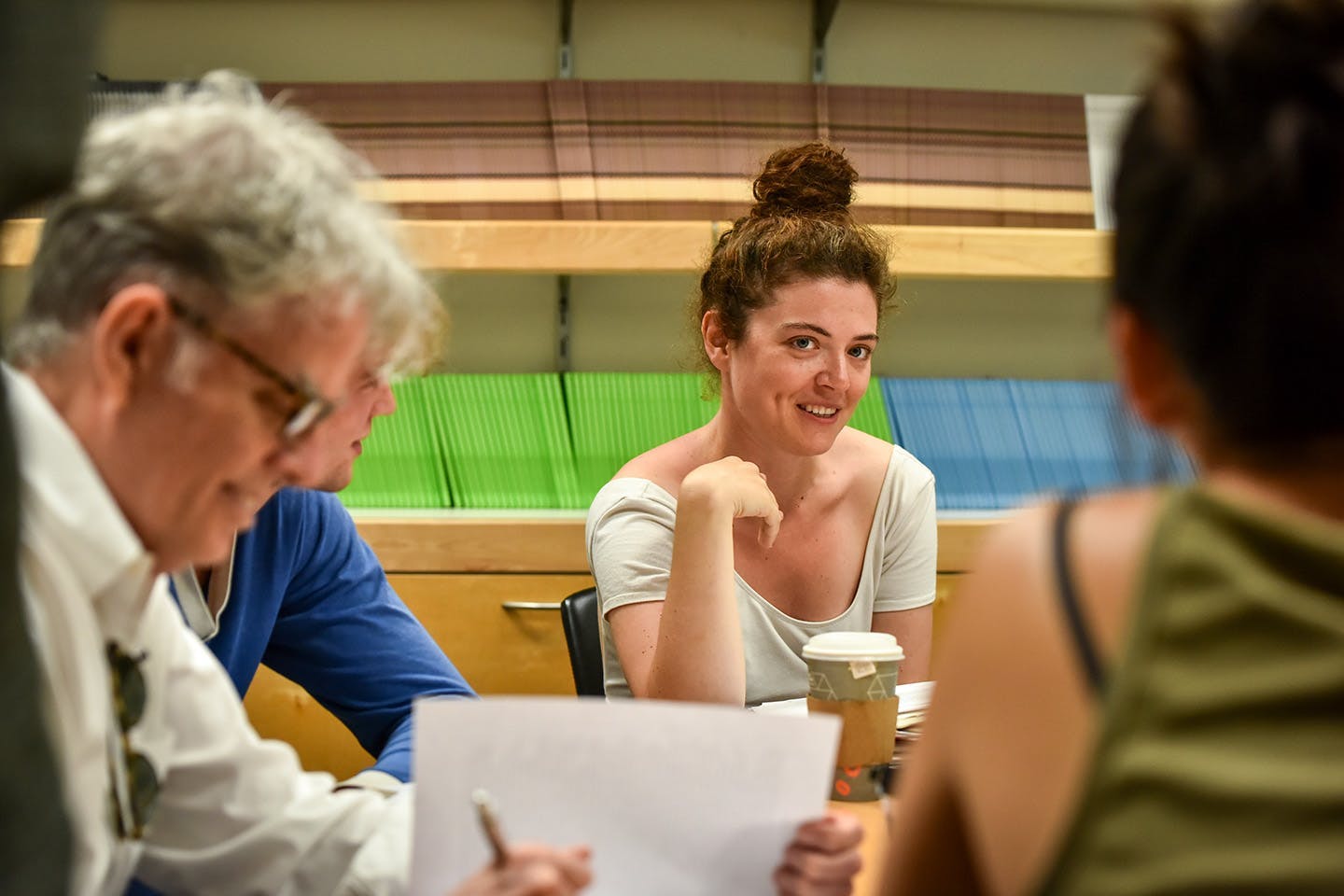
The New School invites you to join a community of diverse writers, become part of New York City’s publishing world, and build a network of support on campus and beyond. Our prestigious MFA Creative Writing program is designed to help you develop your writing in supportive workshops and literature seminars led by an internationally recognized faculty and renowned authors.
books published annually by alumni and faculty
annual writing events, including the National Book Awards Finalist Reading
of admitted MFA students awarded merit-based university scholarships (2020–2021)
MFA in Creative Writing

As an MFA student at The New School, you can choose your concentration—in Arts Writing, Fiction, Nonfiction, Poetry, or Writing for Children and Young Adults—and receive personalized faculty mentorship and faculty and peer critiques. Innovative courses in publishing and multimedia storytelling engage you in the development of literature. Popular graduate minors include Impact Entrepreneurship and Transmedia and Digital Storytelling . Or you can apply to WriteOn NYC! , a New School–funded fellowship program providing MFA students with high-quality teaching experience in area middle schools and high schools. All students benefit from evening classes and events, which enable them to work or attend responsibilities during the day while enrolled in a full-time program.

Related Programs
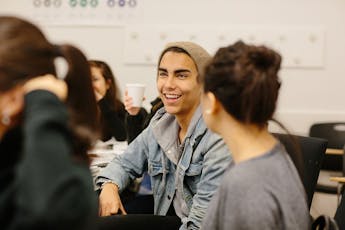
In addition to the renowned MFA in Creative Writing, The New School offers other programs and opportunities for writing students. These include noncredit courses and summer intensives, as well as an undergraduate major in the Bachelor’s Program for Adults and Transfer Students, the Writing and Democracy Honors Program, and undergraduate minors in related fields. Summer Writing Intensive Continuing Education Courses Writing & Democracy Honors Program BA in Creative Writing Undergraduate Creative Writing Courses
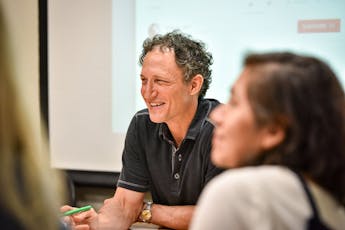
- Meet our faculty
The Writer’s Life in NYC

Creative Writing students come to The New School from across the United States and around the world to live the writer's life in New York City. Evenings with agents and editors, offered exclusively for MFA students, provide informal opportunities to meet publishing professionals.
The New School Bookshelf
We are proud to feature books recently published by The New School's Creative Writing community.
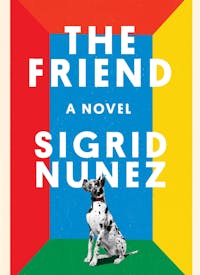
Sigrid Nunez, Faculty
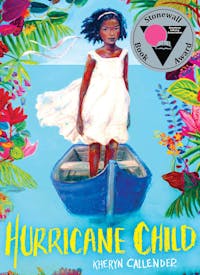
Hurricane Child
Kacen callender, mfa '14.
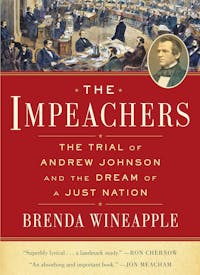
The Impeachers
Brenda wineapple, faculty.
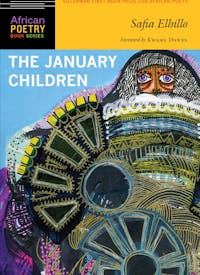
The January Children
Safia elhillo, mfa '15.
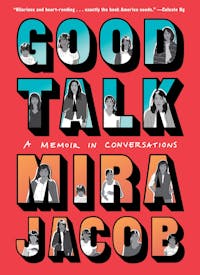
Mira Jacob, Faculty and MFA '01
Events & news.

Parenting, Process, and Publishing: Exploring Creative Strategies with Pen Parentis

Luis Jaramillo Book Launch

Author and Agent: Yasmin Zaher and Monika Woods
- Bob McKinnon, Parsons Faculty Member, Debuts New Children’s Book
- The Vera List Center for Art and Politics Presents New School New Books Event Series
- Adrian Madlener, History of Design and Curatorial Studies ’18, Explores Design Through Writing and Research
- The Vera List Center for Art and Politics Hosts Reading Room Featuring Faculty Books
- Richard Barone, School of Jazz and Contemporary Music Faculty Member, Debuts New Book about Music Scene in 1960’s Greenwich Village
- New Faculty Achievements from Across The New School Include Fellowships, Grants, and More
Take The Next Step
- Request Info
Submit your application
Undergraduates.
To apply to any of our undergraduate programs (except the Bachelor's Program for Adults and Transfer Students and Parsons Associate of Applied Science programs) complete and submit the Common App online.
Undergraduate Adult Learners
To apply to any of our Bachelor's Program for Adults and Transfer Students and Parsons Associate of Applied Science programs, complete and submit the New School Online Application.
To apply to any of our Master's, Doctoral, Professional Studies Diploma, and Graduate Certificate programs, complete and submit the New School Online Application.

COMMENTS
The first MFA in the country to focus exclusively on writing for young readers, the Writing for Children & Young Adults program is a diverse and dynamic community of writers.
Writing for Young Adults. The final module in Writing for Young Adults is the Thesis Module that emphasizes compiling and polishing material to be submitted for the MFA thesis—a collection of stories or part of a full-length novella or novel.
Earn a master’s degree in writing. Our creative writing MFA enables you to focus on fiction, nonfiction, poetry, or writing for children and young adults.
MFA in Creative Writing. As an MFA student at The New School, you can choose your concentration—in Arts Writing, Fiction, Nonfiction, Poetry, or Writing for Children and Young Adults—and receive personalized faculty mentorship and faculty and peer critiques.
The MFA in Writing for Children & Young Adults program teaches every form written for young audiences, from picture books to middle grade and young adult, and the diversity of faculty expertise reflects this breadth and depth of instruction.
MFA in Creative Writing. As an MFA student at The New School, you can choose your concentration—in Arts Writing, Fiction, Nonfiction, Poetry, or Writing for Children and Young Adults—and receive personalized faculty mentorship and faculty and peer critiques.